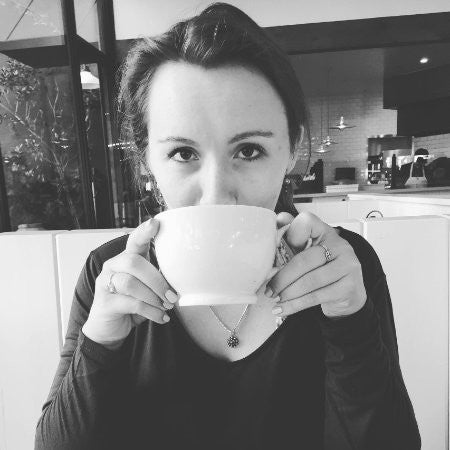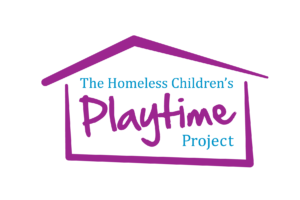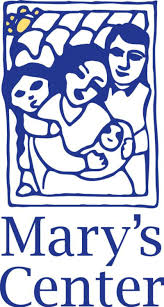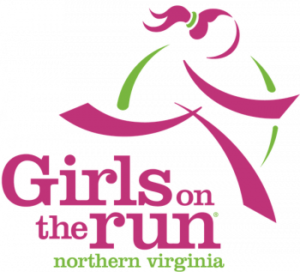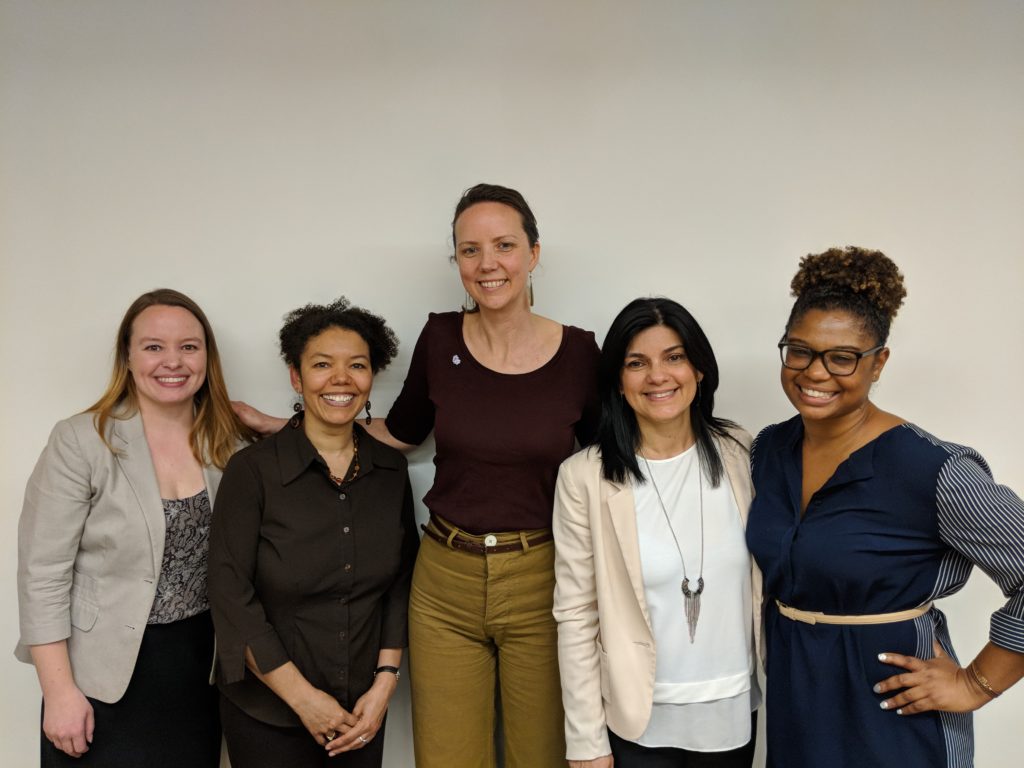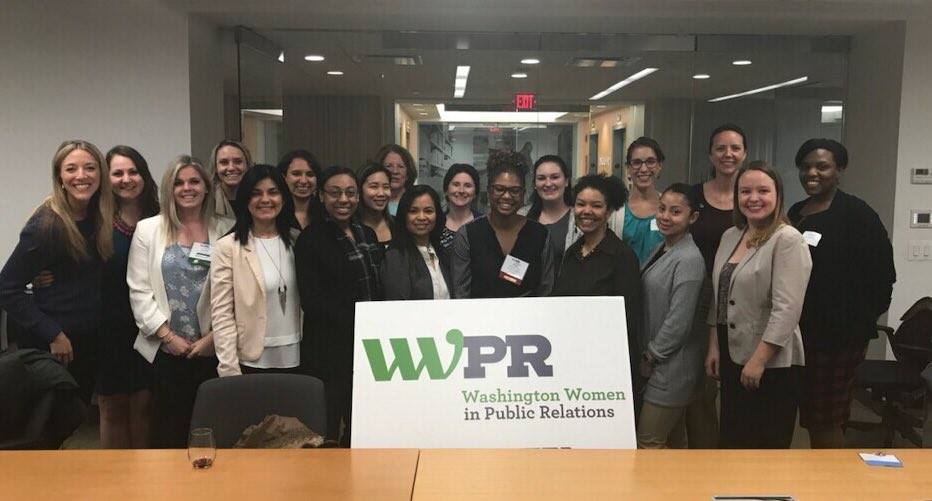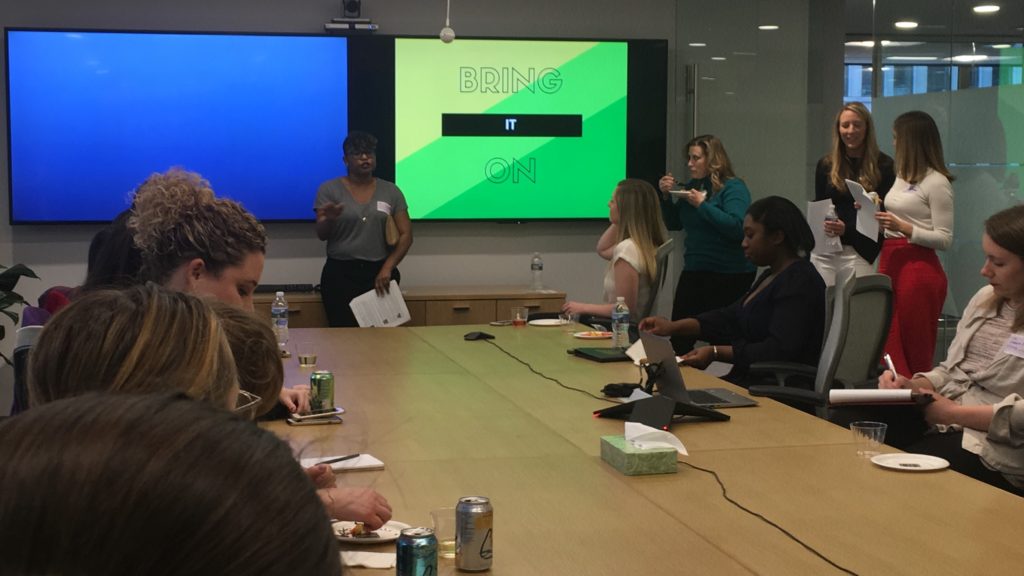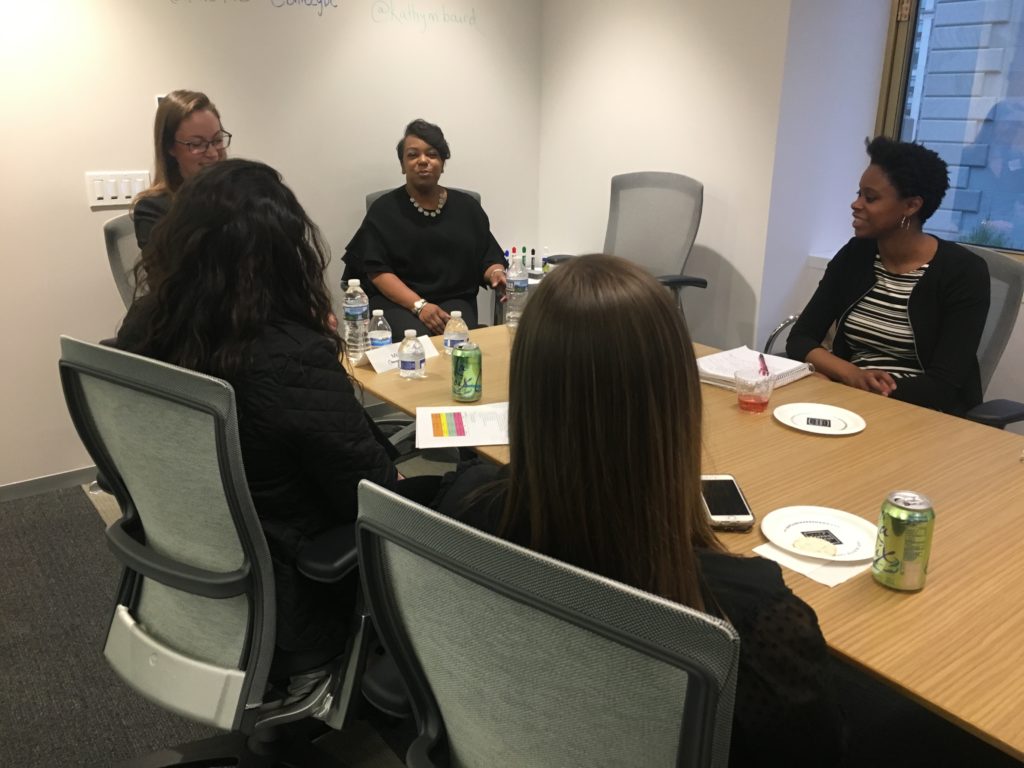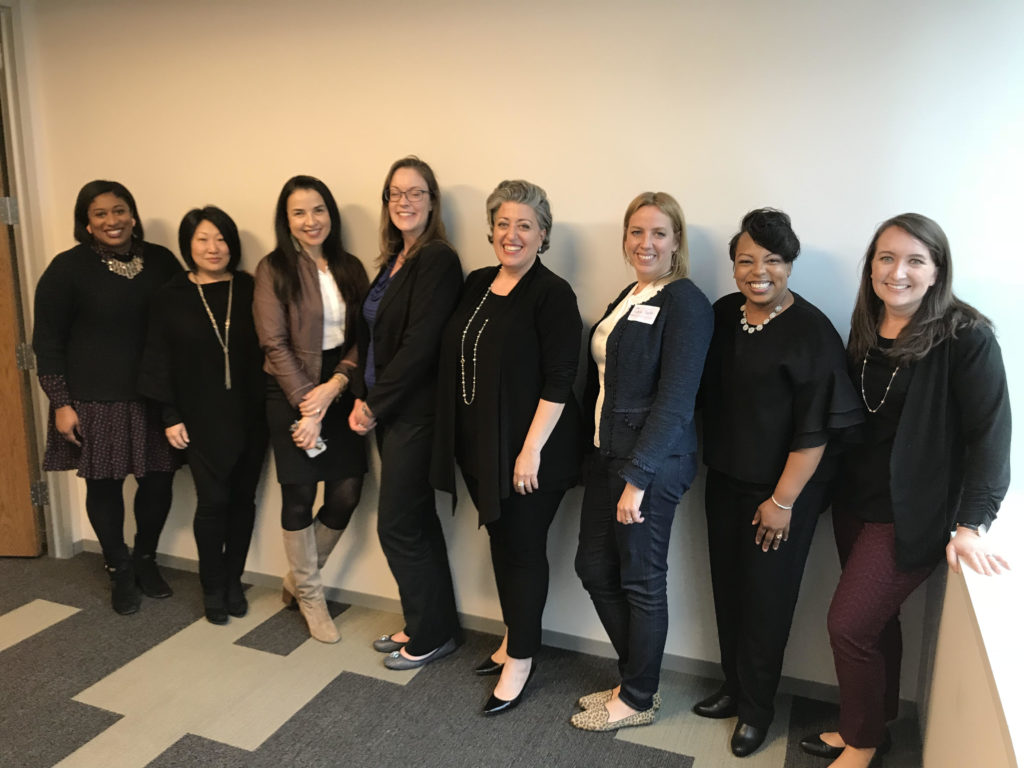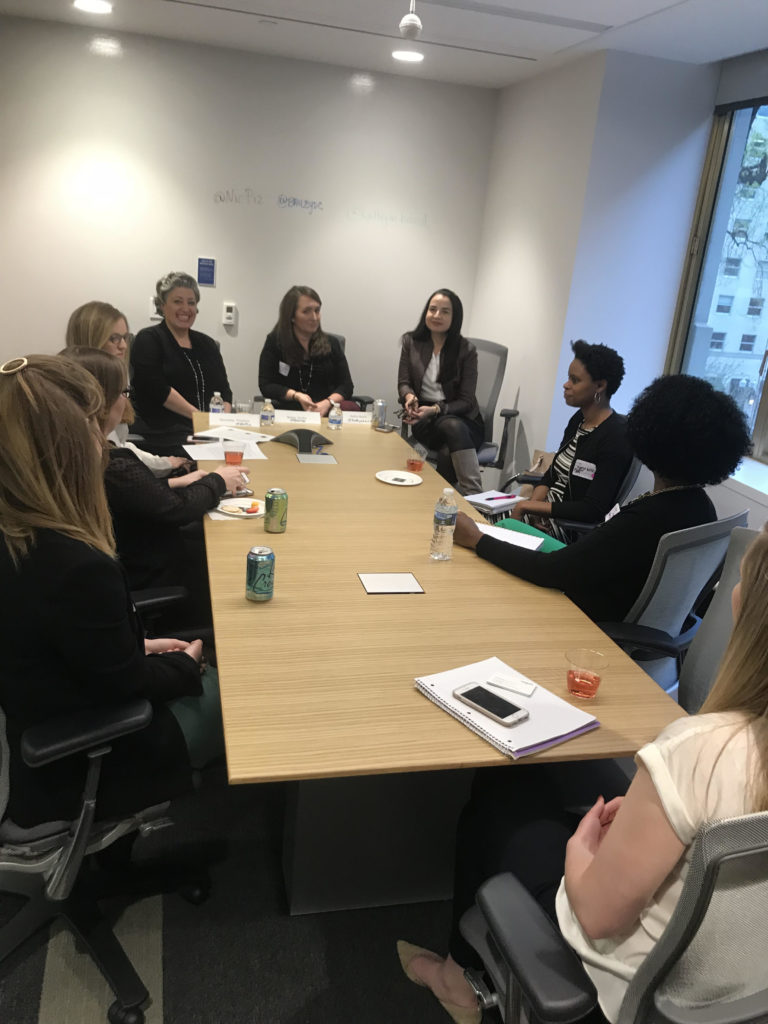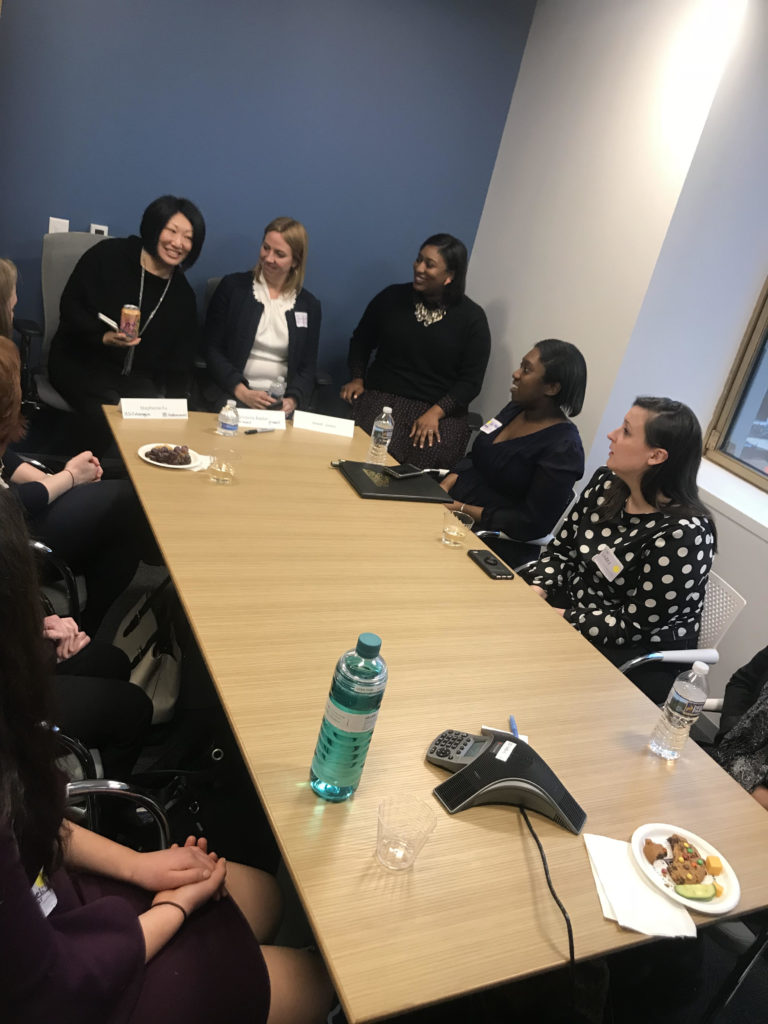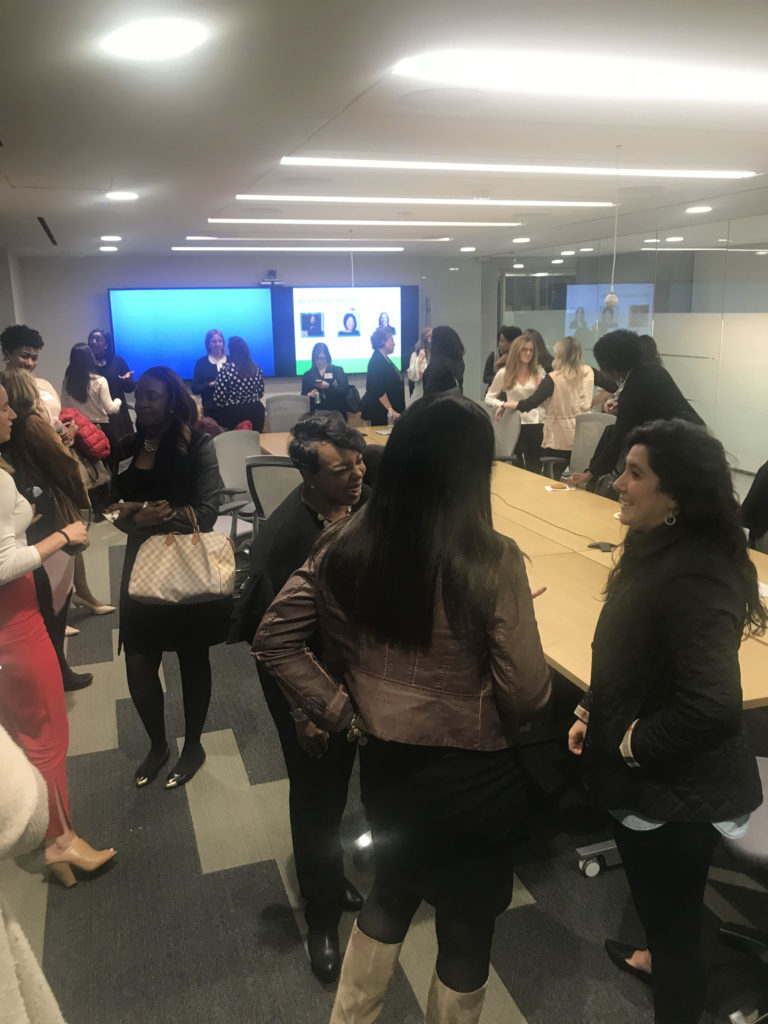Insights and Key Takeways to Bridge the Gender Wage Gap

In my last blog post, I focused on the importance of adopting diversity and inclusion strategies to drive business success. This time, I wanted to shed light on the third part of the equation: equality. Last month, we celebrated #equalpayday, and I was extremely proud and excited to see influencers and celebrities chiming in and raising awareness on social media. Because these issues shouldn’t be discussed once a year, I thought it was fitting to share insights and negotiation tips to keep the momentum going.
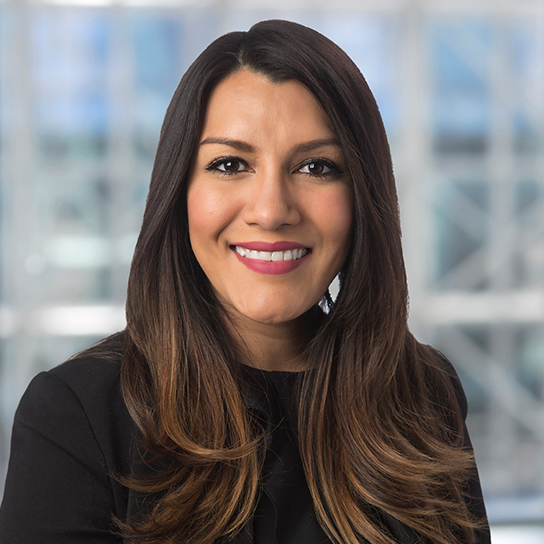
WWPR Member,
Director of Strategic Communications, Hogan Lovells
By the numbers
For centuries, women have struggled to earn the same as men for the same work despite their experience and education. The male-female ratio in higher-education has been steadily increasing in favor of females in the past four decades. According to the National Center for Education Statistics women accounted for “56.8 percent of the total fall enrollment in degree-granting postsecondary institutions.” Moreover, by 2023, it is projected that female enrollment will increase to 58.8 percent.
But despite these numbers, women are not fairly compensated in comparison with their male peers. According to the National Women’s Law Center “Women in the U.S. who work full time, year round are typically paid only 80 cents for every dollar paid to their male counterparts. This gap in earnings translates into $10,086 less per year in median earnings.” For women of color, the gap is even wider. In comparison with white men, “African American women working a full-time job are making 63 cents for every dollar paid to their white, non-Hispanic male counterparts.” For Latinas, the disparity is even higher, as they are commonly paid 54 cents for every dollar paid to men. Last but not least, for “Native Hawaiian and Pacific Islander women it is 59 cents, and for Native women, it is 57 cents.”
If women are more or as educated, experienced, and prepared for the jobs why are we still not in parallel with our male counterparts? As a Latina myself, I find this extremely alarming.
The good, the bad, and the ugly
Let’s start with the good…state and local governments across the United States are “banning employers from asking prospective staff about salary history” with the intention to help reduce the gender wage gap.
Additionally, advocacy groups continue to push for equal pay legislation. As of 2016, 34 states had either equal pay bills introduced or pending. They are also supporting women through salary negotiations, mobilizing the youngest constituents, and raising awareness online.
As for the bad…as the map below shows, this new ban rule only applies in nine places in the United States.
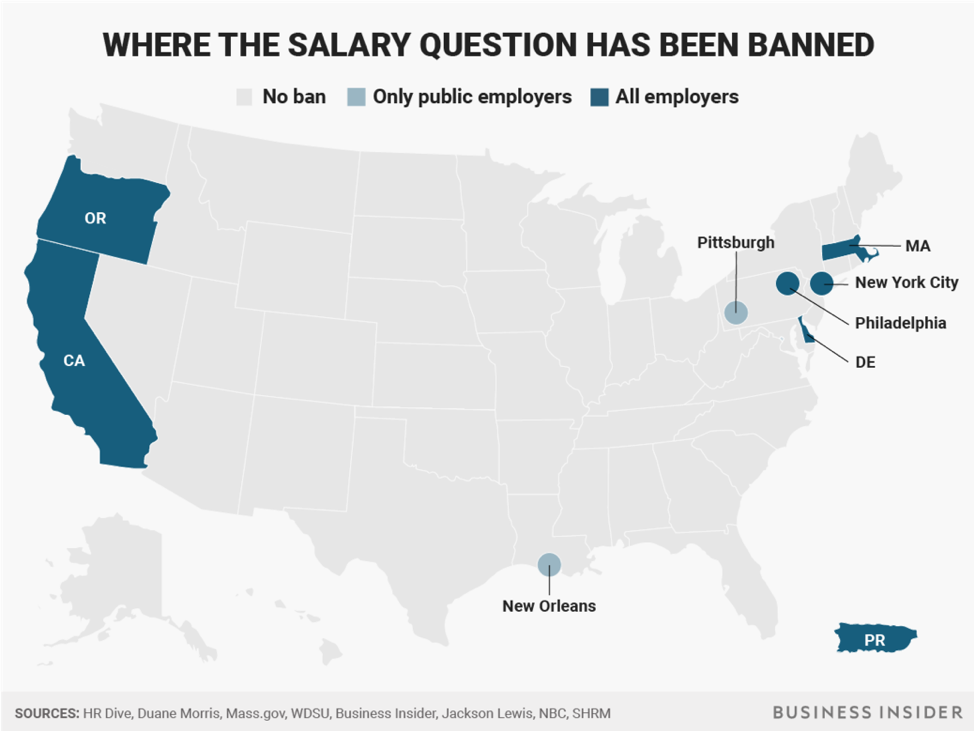
Finally, for the ugly….although there are laws that protect us as future employees, unethical HR practices keep occurring all across the country.
With a little help from our friends
Let’s be real; we can’t capitalize on Congress or corporations to accelerate progress. As professional women trying to navigate salary negotiations, we need to equip and prepare ourselves to have the “hard conversations” and get what we deserve. Salary negotiations don’t have to be daunting if you have the right tools. For this section, I reached out to coach, leader, speaker, and negotiation guru, Jaime Lee. In her podcast “Born to Thrive” Jamie answers three of the most negotiation questions and shares some quick tips, we can use to negotiate our salaries better.
Without further ado, here are her three key tips for salary negotiations that apply for both current and future jobs:
- Know your value: Do you know what’s your market value? Do you speak more than one language? Do you have a six sigma green belt certification? Do you have killer design skills? Beyond formal education, all your skills add value believe it or not. Not sure how to determine your worth? No problem! There are many tools online such as salary.com and Glassdoor, or even your network, that can help you calculate your market rate.
- Who goes first: “the person who tells the other side what they want first almost always has the negotiation tip towards her favor.” Make a reasonable request. Although you should always have your precise figure in mind (which you should never disclose, by the way), you should do research and ask for what’s fair.“For example, asking for $500K when the going rate is $250K is unreasonable. But if you find out that the going rate for your role is $150K, then ask for $150K.”
- Low-ball offers: We’ve all been there. You go through the interview process or have a discussion with your boss about raising your salary, and they come back with a low-ball offer. What do you do next? How should you respond? Jamie suggests using the following script as a starter:
“This is a great place to start. I appreciate the offer, and I’m looking forward to working towards the mission of your group. The thing is, [my current market value] is more than the offer. So if you can increase the offer to $XX, that would help me make a decision sooner rather than later.”

